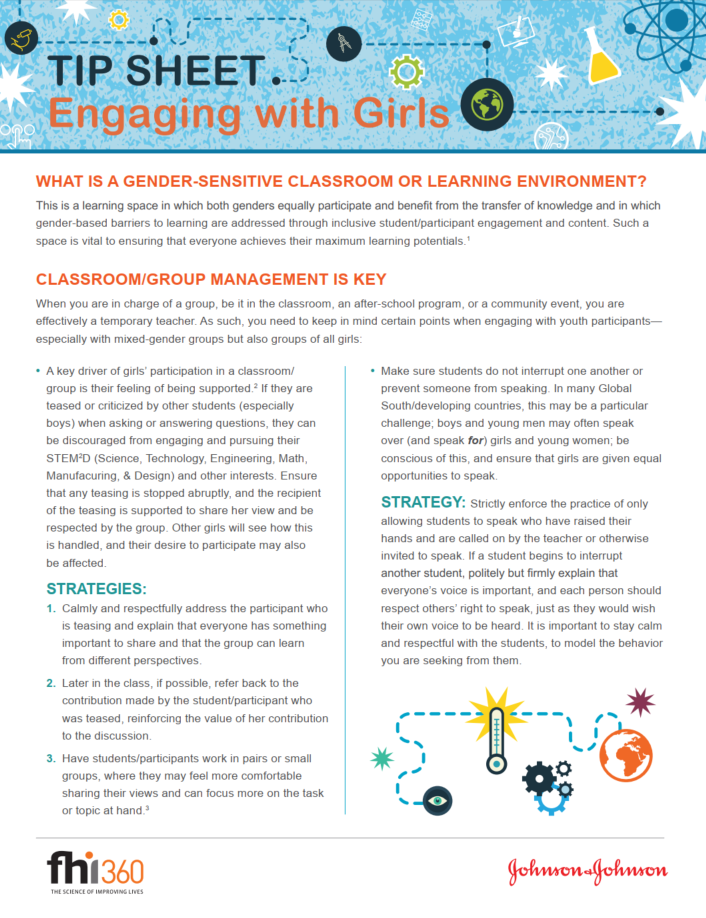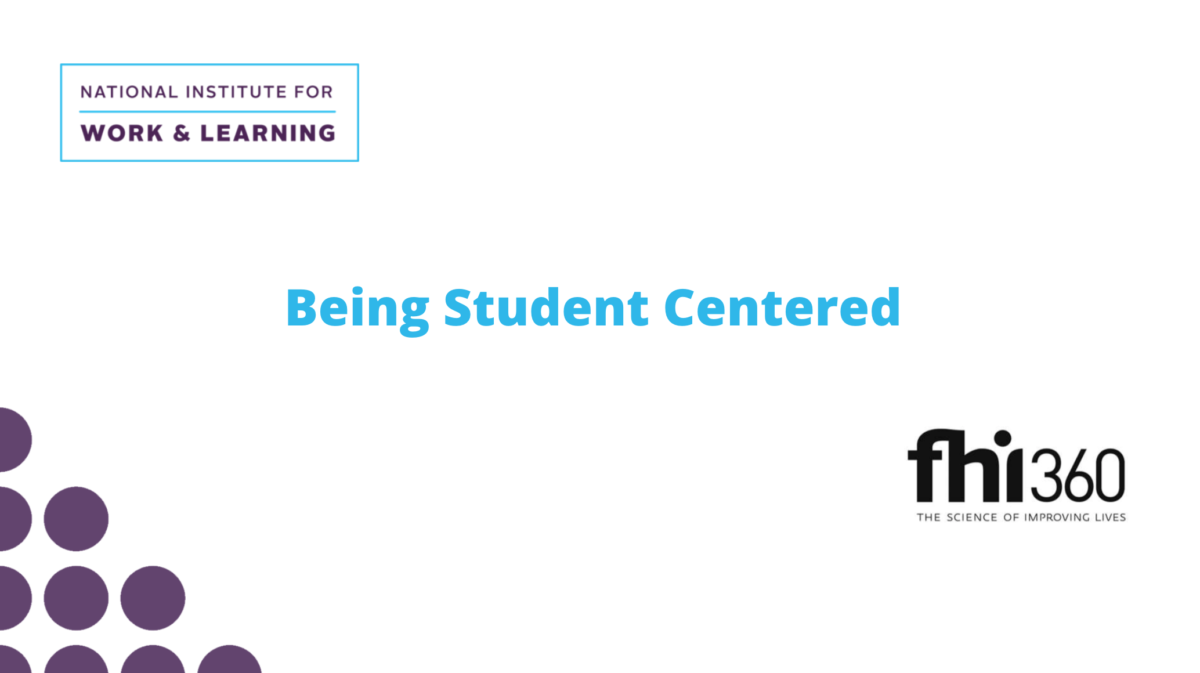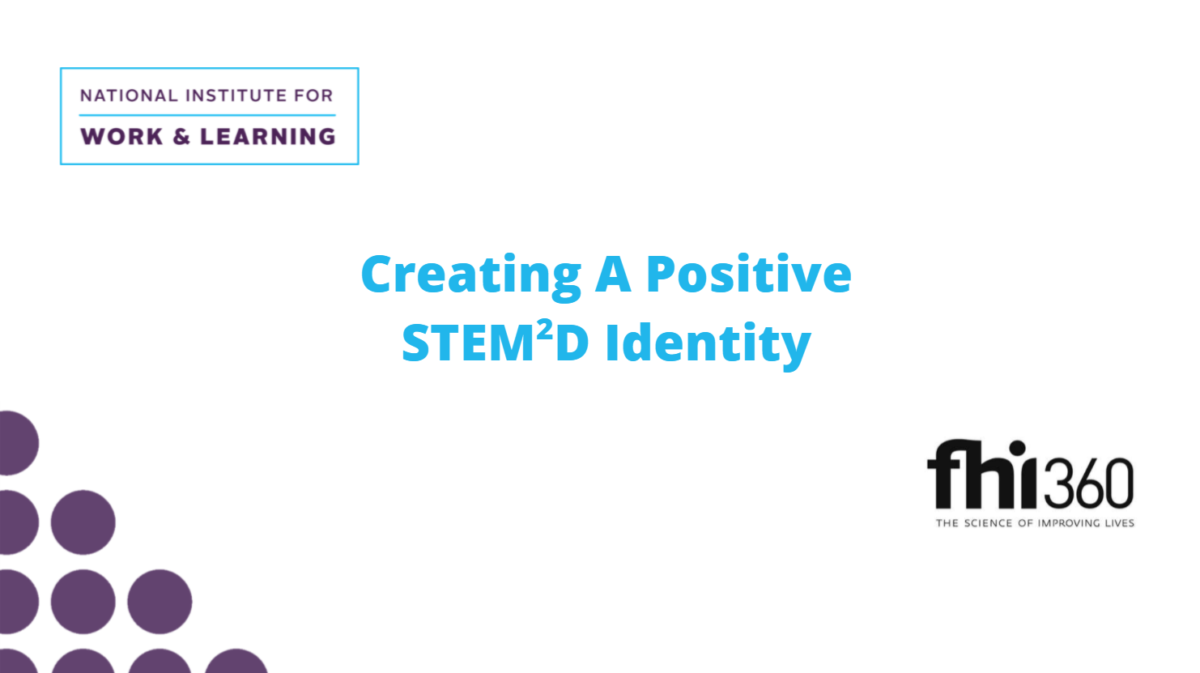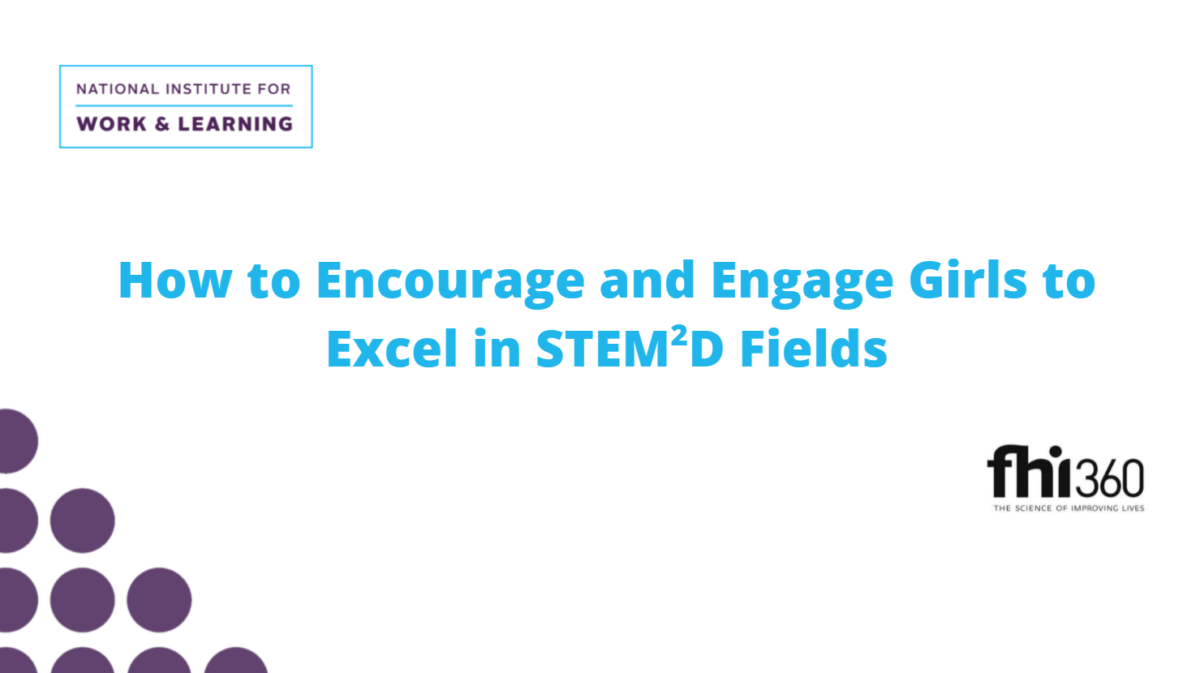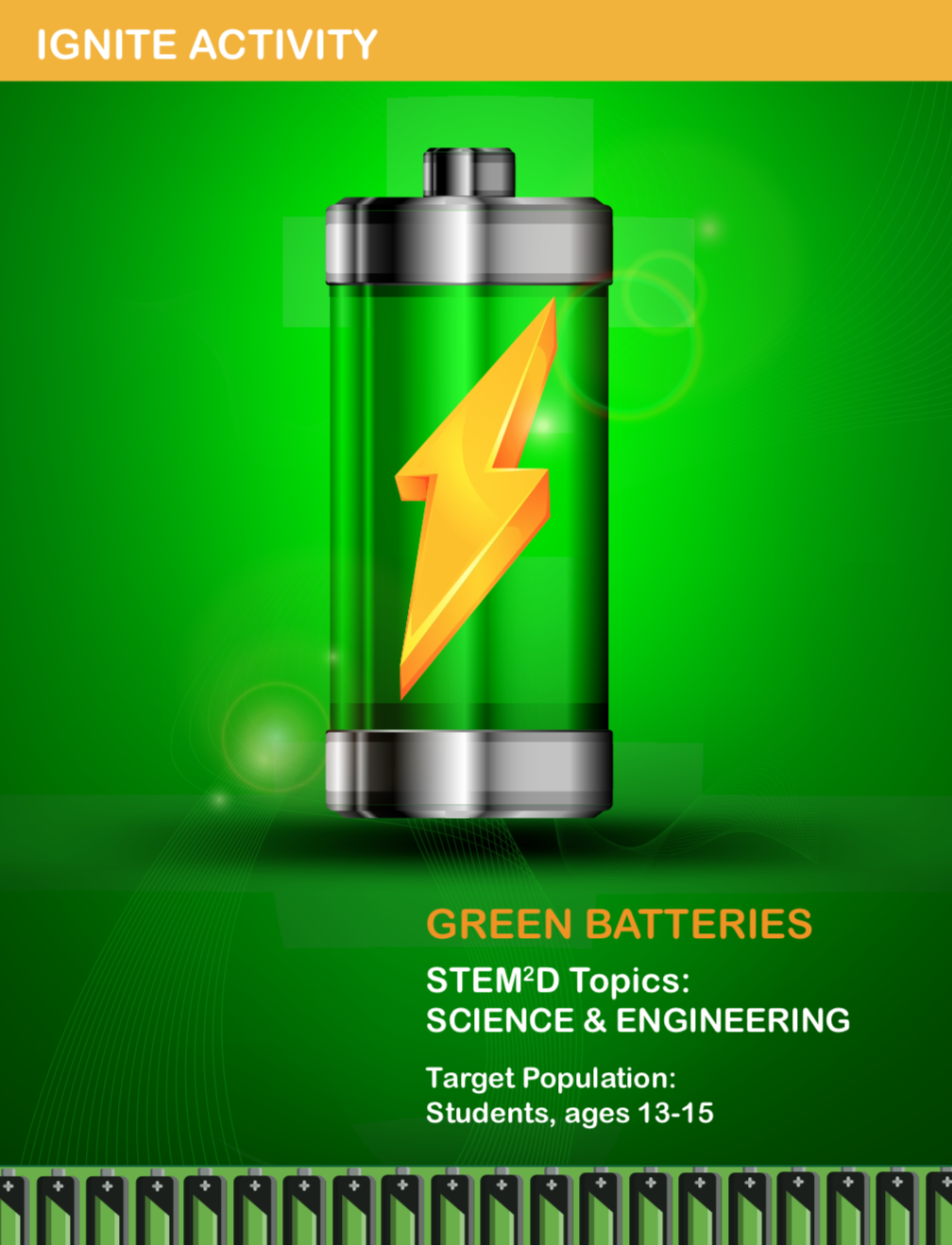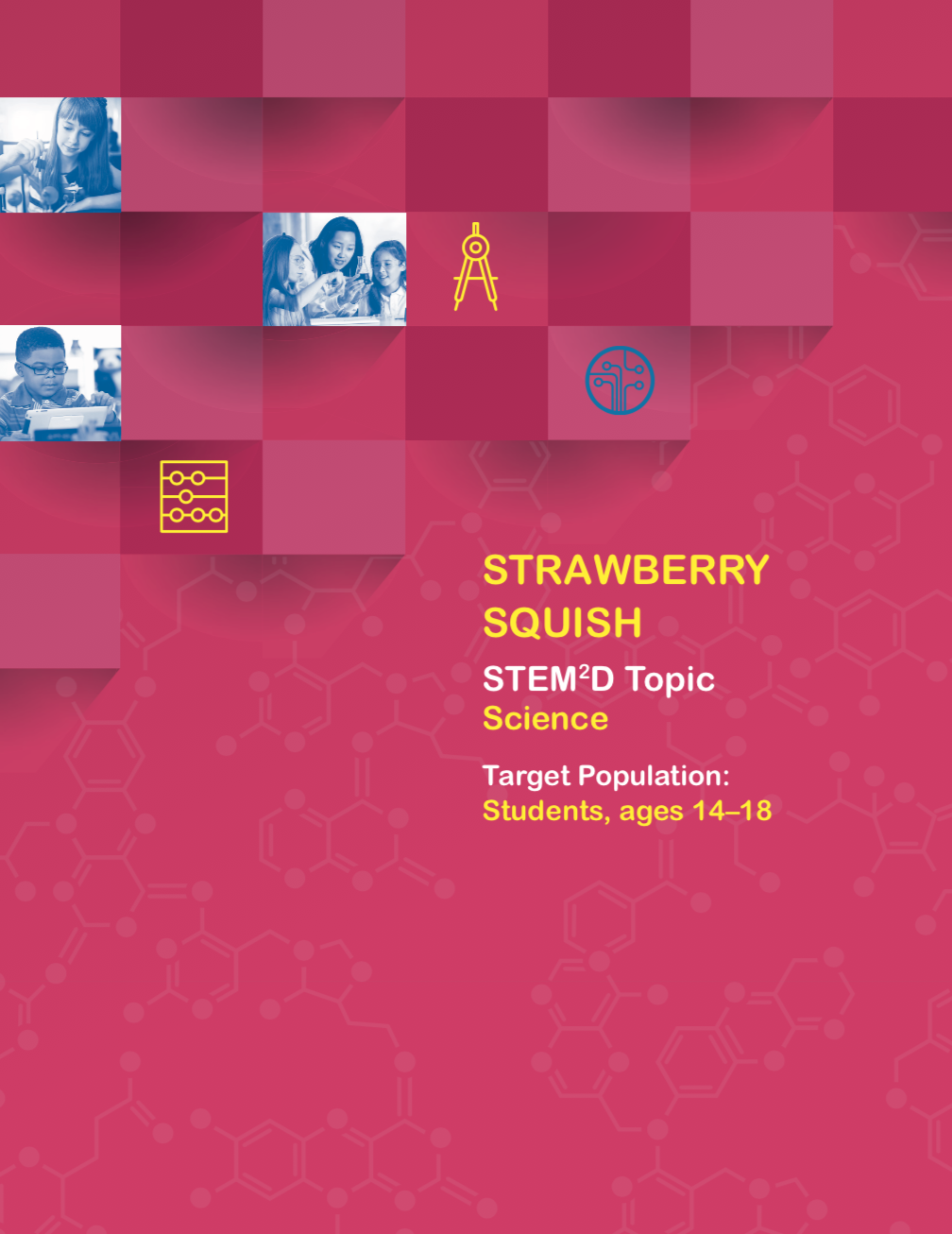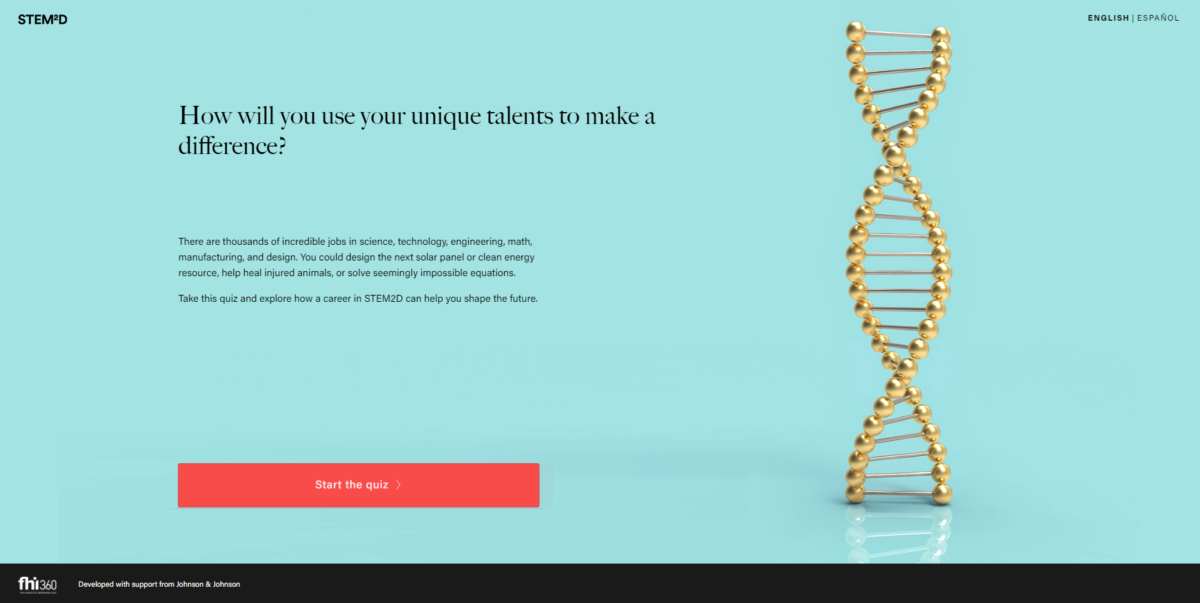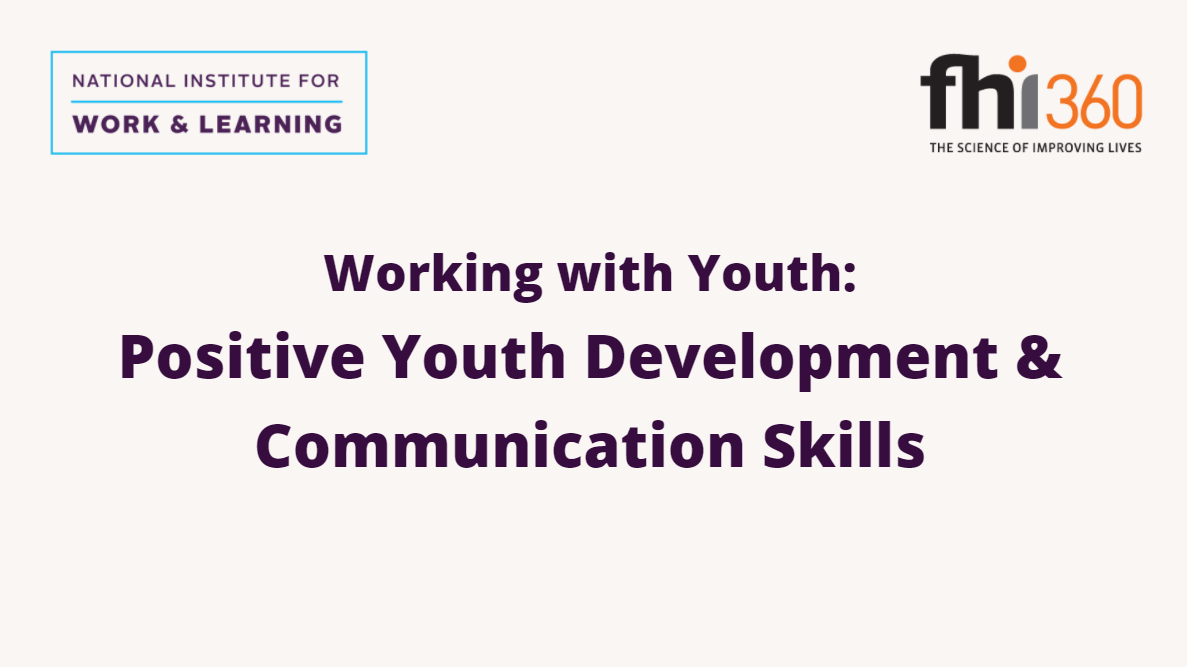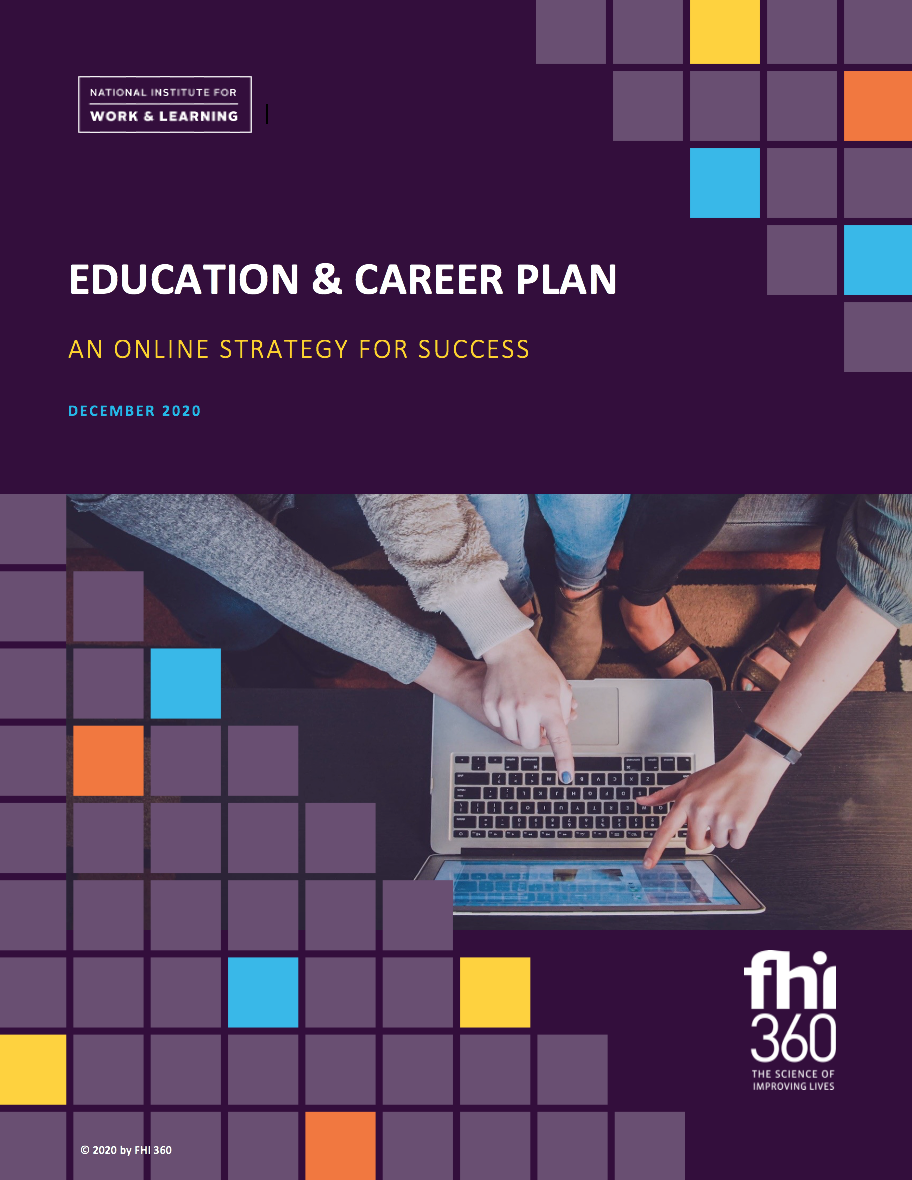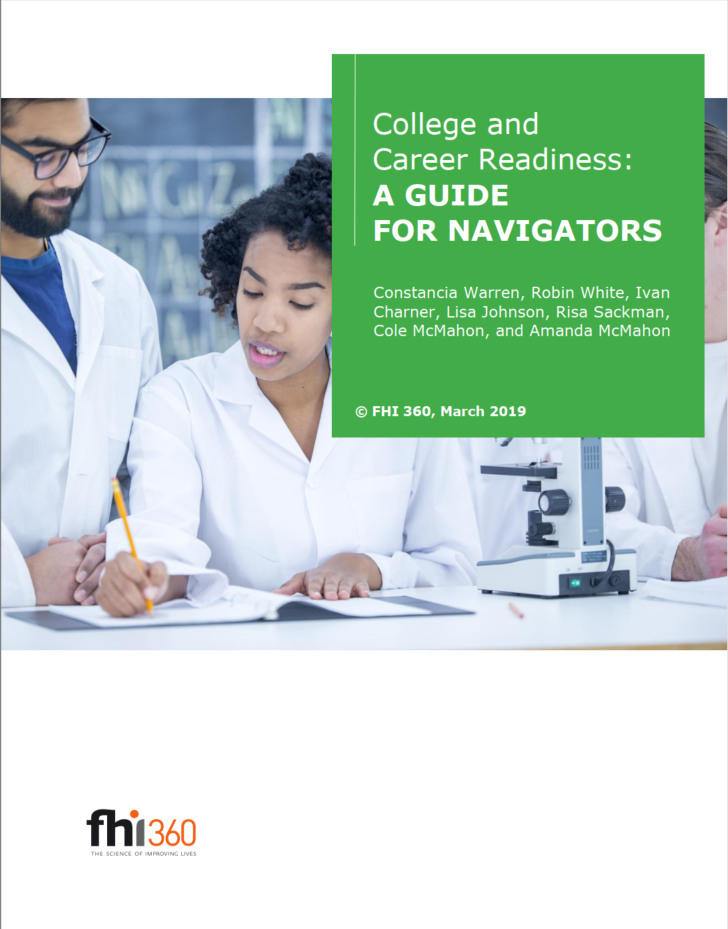Part of NIWL’s Volunteer Tips Series, Engaging with Girls provides youth navigators with tips and strategies for actively engaging girls in their learning. Explore about gender-sensitive learning environments, unconscious bias, unintended impact, the importance of role models, key classroos group-management strategies.
Audience: Educators
This self-directed eLearning Module explores a student-centered approach. Learn strategies to increase youth confidence and build their problem-solving and teamwork skills. Being student-centered is critical to building STEM identity.
This self-directed eLearning Module looks at STEM identity and how adults can foster its development among youth. Explore strategies that connect STEM to everyday life, strategies to highlight the social impact of STEM, and ways to share personal stories of STEM professionals.
This self-directed eLearning Module lays the foundation for why it is important to engage girls with STEM. Learn how to address issues of unconscious bias and gain tips for engaging young women, as well as young men, from traditionally marginalized backgrounds who are under-represented in the STEM sector.
Additional Languages
Ignite Activities are short, typically 5 to 15 minutes to complete, hands-on activities that use everyday materials to excite youth interest in STEM2D. Ignite activities are available in Chinese, English, French, German, Indonesian, Italian, Portuguese, and Spanish.
NIWL developed 25+ classroom-based STEM student activities. These activities are centered on inquiry-based investigations and hands-on learning and integrate student-centered learning principles such as collaboration and teamwork. Check out the STEM²D Student Activities Series Overview and then choose from any of the activities to bring STEM to life in your classroom!
This 3-5 minute online quiz helps young people explore their interests and how a career in STEM can make a difference in the world.
This self-directed eLearning Module explores youth development — the growth process by which all young people seek ways to meet their basic physical and social needs, adolescent brain development, and Positive Youth Development — an approach to build competencies that are necessary to succeed in adolescence and adulthood.
Additional Languages
The Education & Career Plan (ECP) is a user-friendly digital tool that builds on FHI 360’s College and Career Readiness: A Guide for Navigators, which helps both students and Navigators map and track the college- and career-readiness journey. Four versions of the ECP are available, designed to support students pursuing different paths: those in high school, students in 2–year college programs, students in 4–year college and university programs, and those enrolled in certificate programs. Targeted to 21st century needs, the ECP is a living document that integrates college- and career-readiness exploration and preparation in one organized place. By connecting college and career plans, the ECP helps young people identify career interests and goals; connect career goals with specific qualifications, education, and training required for entry into those careers; outline a course plan that helps them meet postsecondary education and career goals; and record activities and accomplishments in both college readiness and career readiness.
To request access, email us at: niwl@fhi360.org
Additional Languages
This web-based guide describes steps for teachers, counselors, youth workers or mentors to take to guide young people through college and career preparation and success.

